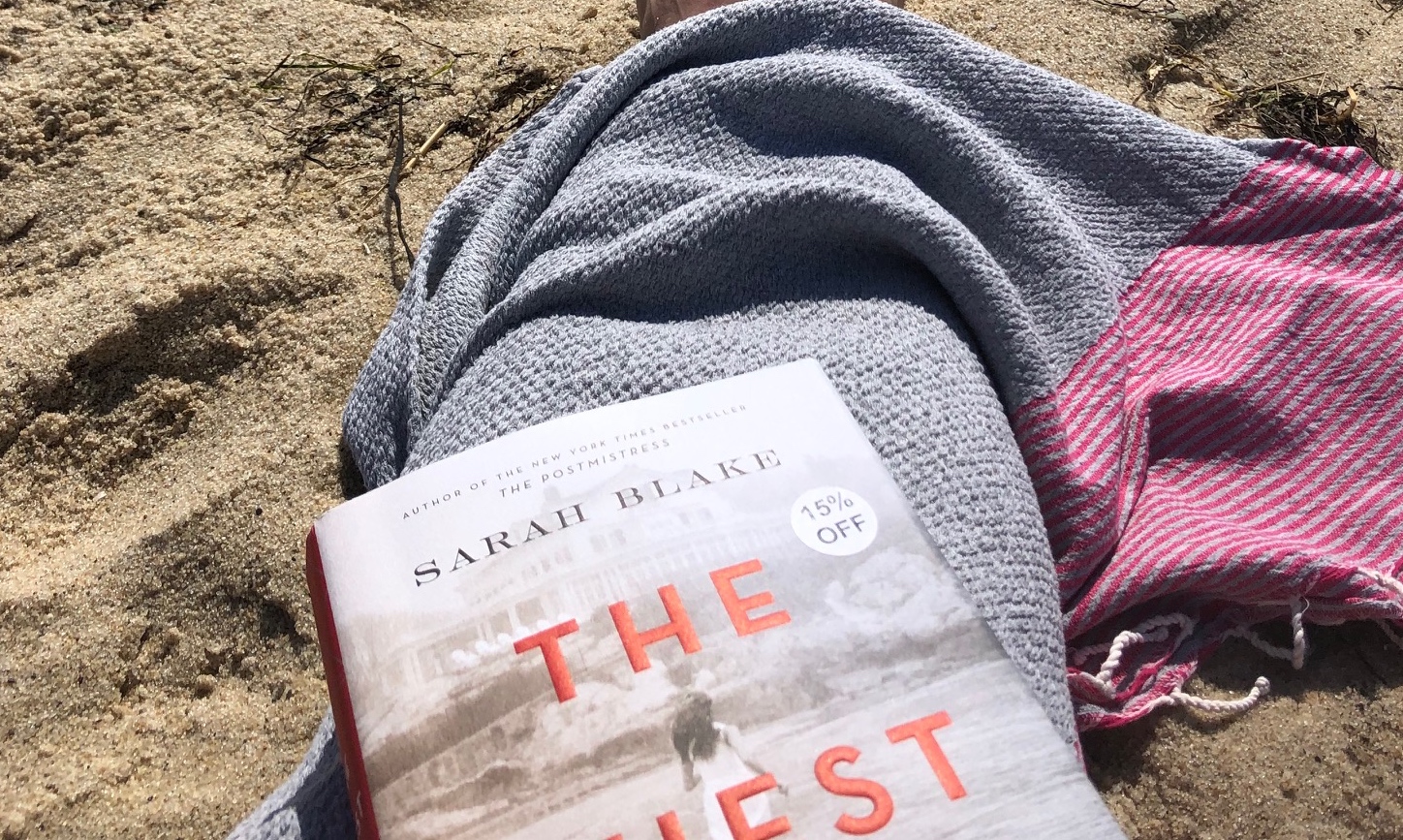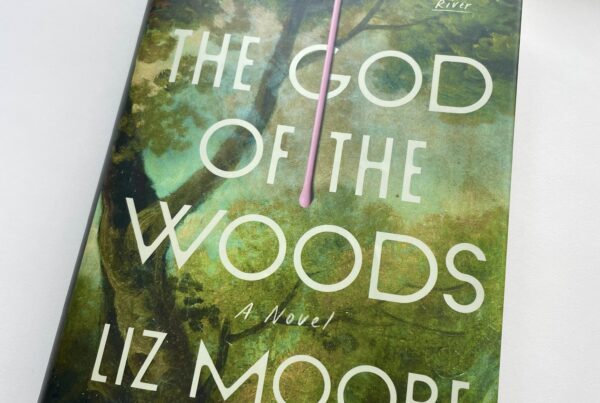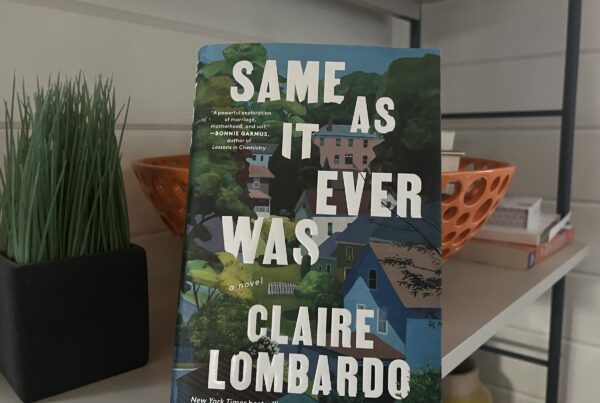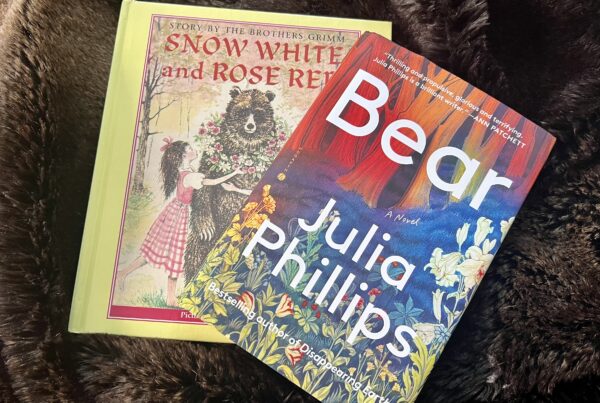The Guest Book, Sarah Blake’s mesmerizing new novel, begins with a conversation between two men in a boat on the water off Rockland, Maine. “It’s the usual story,” the man at the tiller reflected, regarding the beautiful derelict on the hill. “At the end of old money there is real estate.” The speaker reveals that he’s going to buy it, this house on a private island that belonged to “one of those families who used to run the world” – the haute-WASP Miltons of New York. Another man in the boat seems especially intrigued when the speaker adds, “One of those tragic families. They say somebody drowned there.”
From page one, an element of intriguing mystery is present – Who drowned? What happened to the Miltons? And who are these onlookers in the boat, who might save the beautiful ruin from oblivion? Soon, we learn that the Miltons were wealthy bankers and keepers of the old-world order, American scions who believed strongly in the goodness of other men like themselves despite signs to the contrary in Germany after World War I.
Integral to their decades of influence in America and abroad were the Milton women, notably Kitty Milton, the wife of patriarch Ogden Milton. Kitty uses her femininity, wits, and careful silence to maintain societal rules and familial power for generations. Like the Anchoress who walled herself in during medieval times in order to maintain the sanctity of a monastery for its monks, Kitty – and her daughters after her – upholds an unspoken and unrelenting code of conduct keeping outsiders out and insiders in.
Burnished and beautiful, Blake’s narrative masterfully holds the 20th century American elite accountable while exploring their motivations and limitations. Although Kitty’s hands are not clean when it comes to her role in perpetuating elitism, heterosexism, and antisemitism, she experiences her own devastating losses that help in some ways to humanize, but not excuse, her.
In many ways, this novel about one family’s private and public life is actually an exploration of three global and historical questions: who died, who was partially or wholly responsible for that death, and what was and is the impact of the loss? Further, what role did and do women play in preserving or challenging the status quo?
More than anything, for me Blake’s work underscored the tremendous power of place — the way it holds the past in its slants of light and reminds us of who we once were, and are now. The Guest Book offers readers a rare combination of elements – vivid, engrossing historical fiction; gorgeous writing; complex characterization; and unresolved tension due to the fact that decisions resulting in tragic outcomes can’t be forgotten and may not be forgiven. It is my top recommendation for the summer of 2019.




